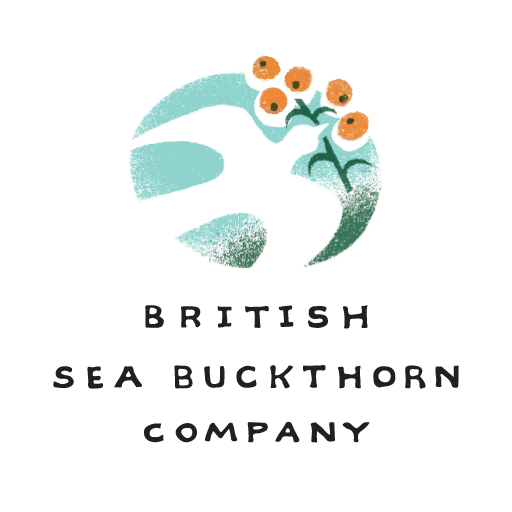In 1963 the sea around our farm on the Naze froze. Lobsters and crabs crawled up the beach to get out of the cold water, only to freeze on land.
This week snow has again come to the UK. Maybe our Siberian sea buckthorn plants will feel more at home having some real winter temperatures but by next week it will return to normal. I hope it will because our plants develop early and it would be a disaster if these wintery conditions coincided with pollination.
Like the weather our world is changing, its human population is growing in number, sophistication and affluence. The world’s cities are growing and with growth comes the demand for global superfoods often driven by trend, fad and fashion. In the UK avocados have become a luxury staple food, but in China the demand is exploding with demand going from 1.5million kilos in 2013 to 30 million in 2017.
Here superfruits like blueberry have seen 11% year on year growth in consumption for a decade. All season demand has been met by investment in growing methods and plant breeding to respond to global trade. Fresh, good tasting foods with a declared high nutritional value must be a winner. But in this information age internet sites and media give so confusing viewpoints. Take blueberries for example. If you type in “Why are blueberries good for your health” you get the Telegraph, the Mail, Mercola.com giving glowing health benefit offerings on cell protection, reduced risk of cardiovascular disease, protection of brain neurons, anti-aging and so on – whereas the NHS says research is inconclusive, but valued as one of your “Five a day”.
We rely on scientific research for knowledge but its interpretation is often hard to understand. Last month the Commissioner for European Health and Food Safety suggested that there was a general mistrust of science by the public. This was not because science was not credible but in an era of evolving scientific advancement, communicating results in plain language was poor. People often do not understand research results and so it is easily rejected by negative, and false negative subjective views found on social media sites.
Sea buckthorn is a fruit similar to blueberry. Like blueberry it is nutrient rich, containing flavonoids, polyphenols, and anthocyanins and so on – but do we really need to understand the science of precisely how a fruit delivers a specific benefit to appreciate it is good for us. The internet site providing views on blueberry, both those of the press and the NHS both say it is good for you, whether it is the anthocyanins and your brain, or the antioxidants and your cells does it matter? The principal issue is that the food is natural and not ultra-processed, is that not enough?

